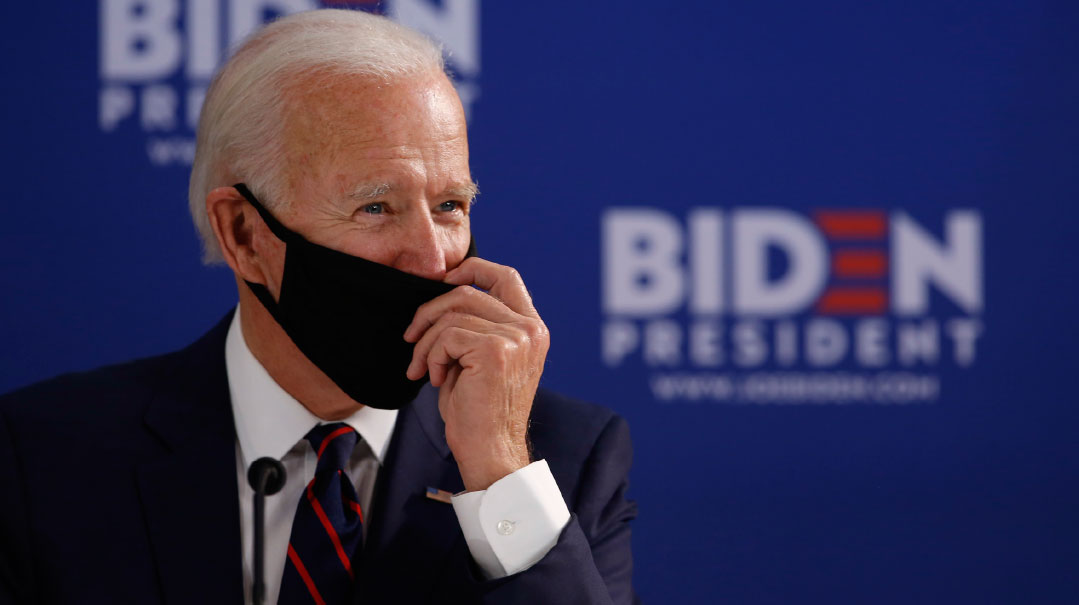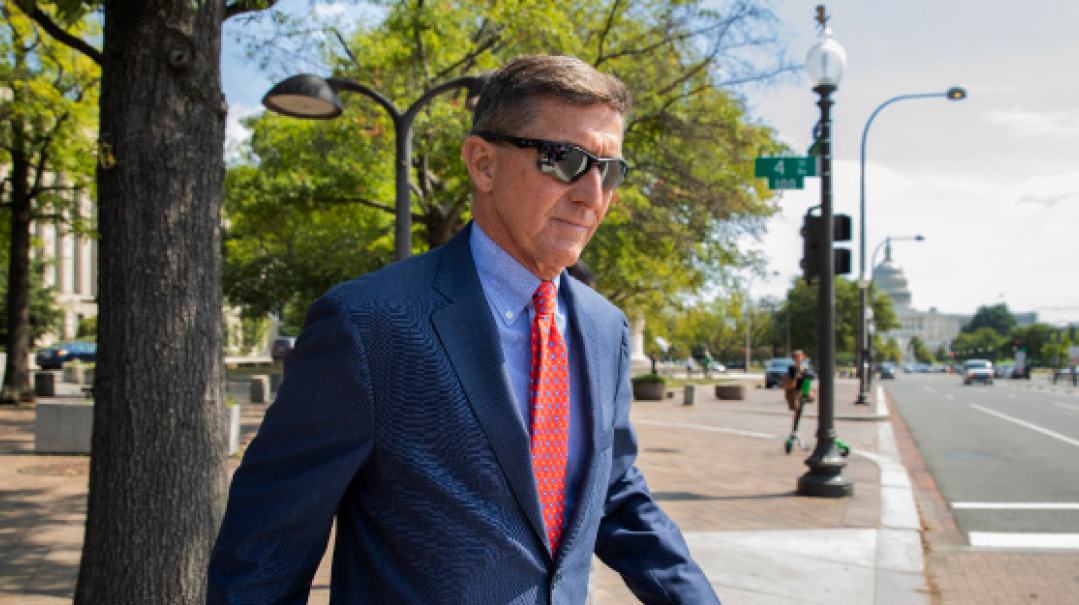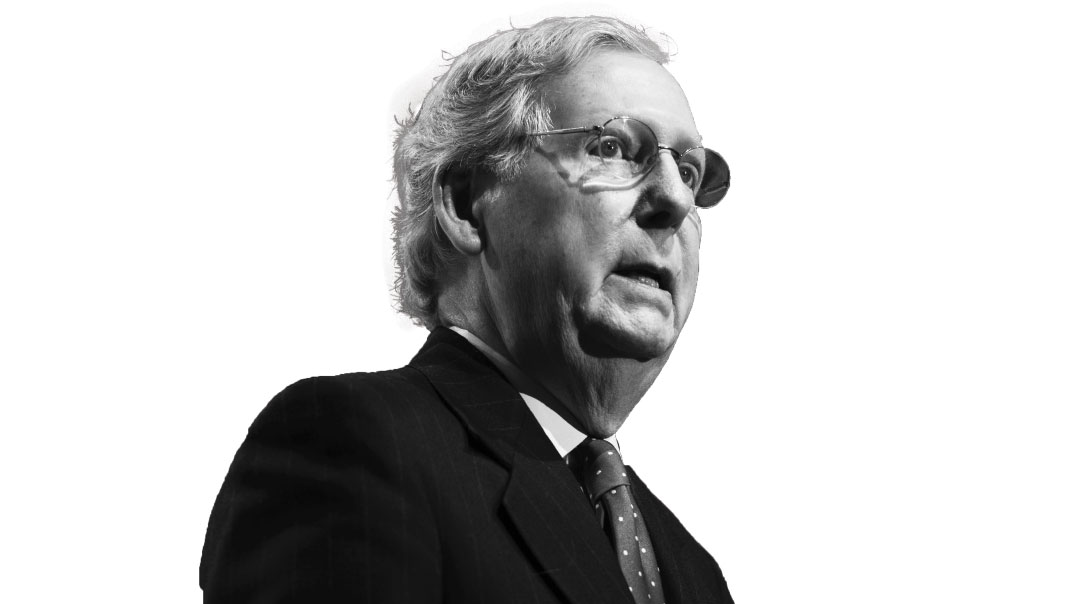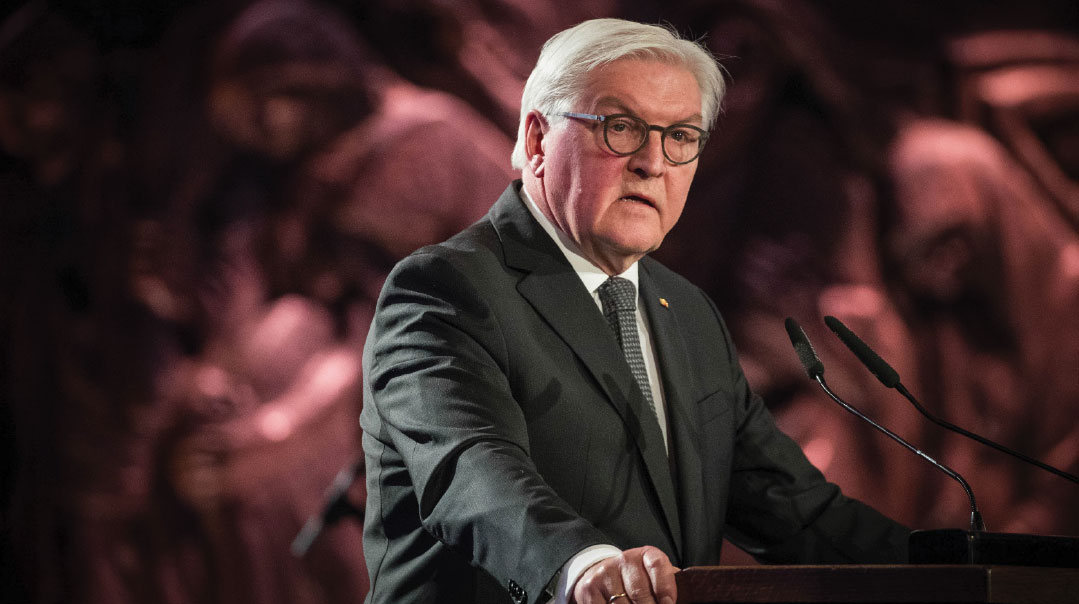What to Believe
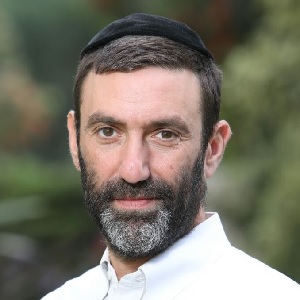
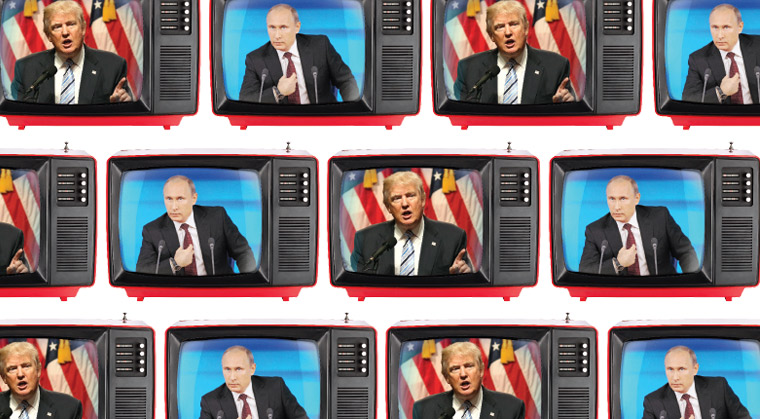
Photos: Menachem Kalish
I
’ve had the good fortune to be in the United States for the past two weeks and can report with confidence that the Jewish community is flourishing, goods are cheap and plentiful, and the US media is absolutely obsessed with Donald Trump.
Turn on the radio, glance at a screen, pick up any publication and you are sure to be smacked across the face with the investigation into Russian meddling in the 2016 elections and the president’s possible connection with the Kremlin. On CNN, it’s on auto-loop. On MSNBC, the hosts and guests are permanently aghast, their mouths agape in shock and wonder. On National Public Radio, the tone is more subdued, but the subtext remains: The president and the Kremlin are in cahoots.
Not that there’s no reason to think such. Just last week, at a remarkable press conference at the White House, five top US security officials publicly addressed “election security” and how their agencies are meeting the “real” and “continuing” threat by Russia to undermine American democracy.
Director of National Intelligence Dan Coats said Russia is engaged in a “pervasive messaging campaign” to “weaken and divide the United States.” Director of the FBI Christopher Wray spelled out the many ways that Russia is attempting to undermine American democracy and confidence in public institutions.
So just a few examples of some of the things we’ve seen in the past: targeting US officials and other US persons through traditional intelligence tradecraft; criminal efforts to suppress voting and provide illegal campaign financing; cyberattacks against voting infrastructure, along with computer intrusions targeting elected officials and others; and a whole slew of other kinds of influence, like both overtly and covertly manipulating news stories, spreading disinformation, leveraging economic resources, and escalating divisive issues.
I’ve said it before and I’ll say it again: Russia certainly got its money’s worth in 2016.
It seems that Russia’s primary goal was to create chaos. If that meant supporting a voluble Republican against a popular Democrat, so be it. But Russian president Vladimir Putin could have just as easily supported a vulnerable Democrat against a leading Republican and achieved the same result. As Wray said at the briefing, Russia “continues to engage in malign influence operations to this day” — and that’s with the candidate Russia supposedly favored sitting in the White House. Chaos is king.
So it’s worth asking a question: If it’s true that Putin’s real motive was to undermine American democracy, then isn’t it clear that all the incessant chatter about the 2016 Trump campaign, Paul Manafort, collusion, the Mueller investigation, et al., across the media landscape, every moment of the day, ad naseum, is in fact creating real division in the United States? Is Putin so clever that he’s figured out how to make the media unwittingly do his bidding? It seems clear that if the media were genuinely interested in counteracting the Russian threat, they’d spend a little less time giving everyone the impression that our democracy has already fallen apart.
Indeed, David Ignatius, a foreign affairs columnist at the Washington Post, suggests that Putin’s entire goal was to make the Russia investigation the primary subject of conversation. “His goal isn’t to steal secrets but to destabilize America’s political system,” Ignatius writes. “The more people obsess about the swarms of Russian spies, the better, from Putin’s perspective.”
Putin’s style has become more “freewheeling” over the last decade, Ignatius writes. In 2016, Russia attacked the United States’ electoral system from three directions: the GRU military intelligence, the FSB security service, and a social-media troll farm called the Internet Research Agency. The Russians were active on social media, monitored television broadcasts, and attacked political bodies like the Democratic National Committee.
The recent case of indicted Russian spy Maria Butina shows just how aggressive and seemingly reckless the Russians have become. Butina infiltrated the National Rifle Association, looking to build alliances with influential Republicans. On inauguration day, she took a photo of herself in front of the US Capitol, a move even her handler thought was audacious, court records show. “You’re a daredevil girl,” he wrote.
Which brings us back to the media. Given the context, Trump’s press conference in Helsinki with Vladimir Putin was truly shocking. Surely, Trump is aware of the intelligence. In fact, the five officials at the White House press conference made it clear they were speaking with Trump’s approval. So when the media asks what in the world Trump was thinking in Helsinki when he seemed to side with Putin and question the work of the intelligence agencies, they have a point.
Except that maybe Trump truly didn’t do anything wrong in 2016, and the entire Mueller investigation really is a hoax, and the 24-hour attacks on the president are really about persistent bias in the media, and maybe he’s seen (from publicized e-mails and the like) that certain people in the intelligence agencies are actually biased and do feel that they have the power — and responsibility — to decide who will be the next president.
And if all that is true, maybe Trump, in his inimitable way, was actually trying to quiet the conversation and take some of the focus off “the Russians” for a moment and point out the real deficiencies in certain levers of government, and restate the narrative for those voters who are willing to give him the benefit of the doubt.
That would be those 50 percent of voters who say they approve of the president’s performance, according to a recent Rasmussen poll, a few points above Barack Obama’s score 20 months into his presidency. But it’s hard to discern truth from fiction at this point, given all the chatter about the swarms of Russian spies. (Originally featured in Mishpacha, Issue 722)
Oops! We could not locate your form.







